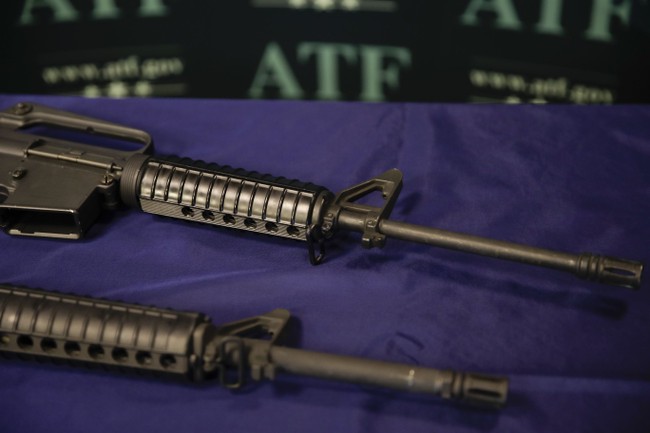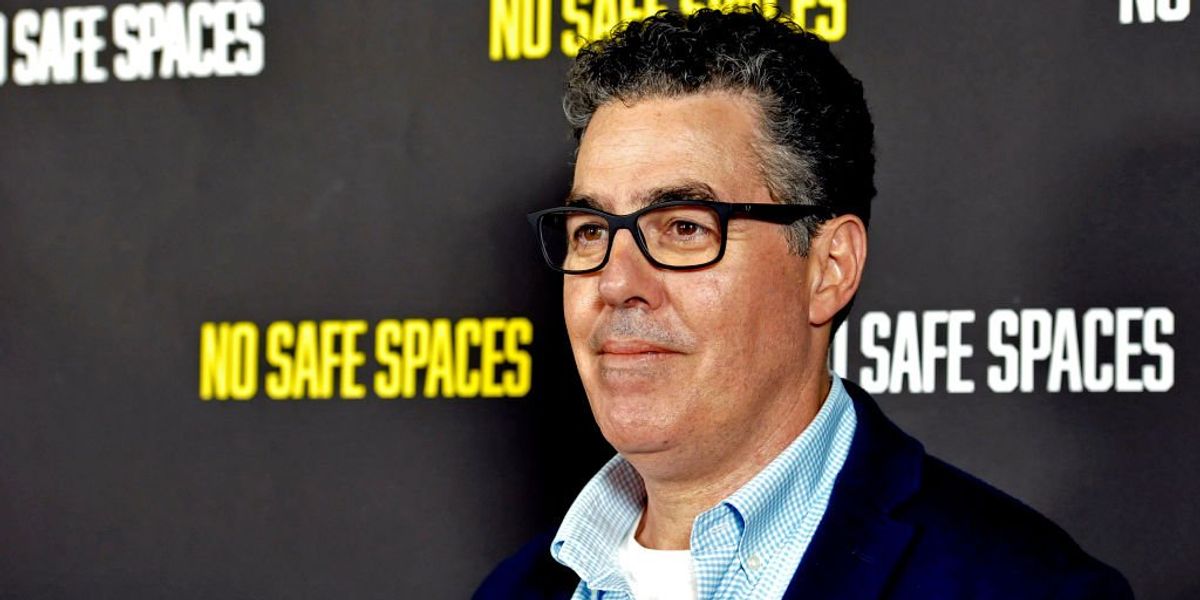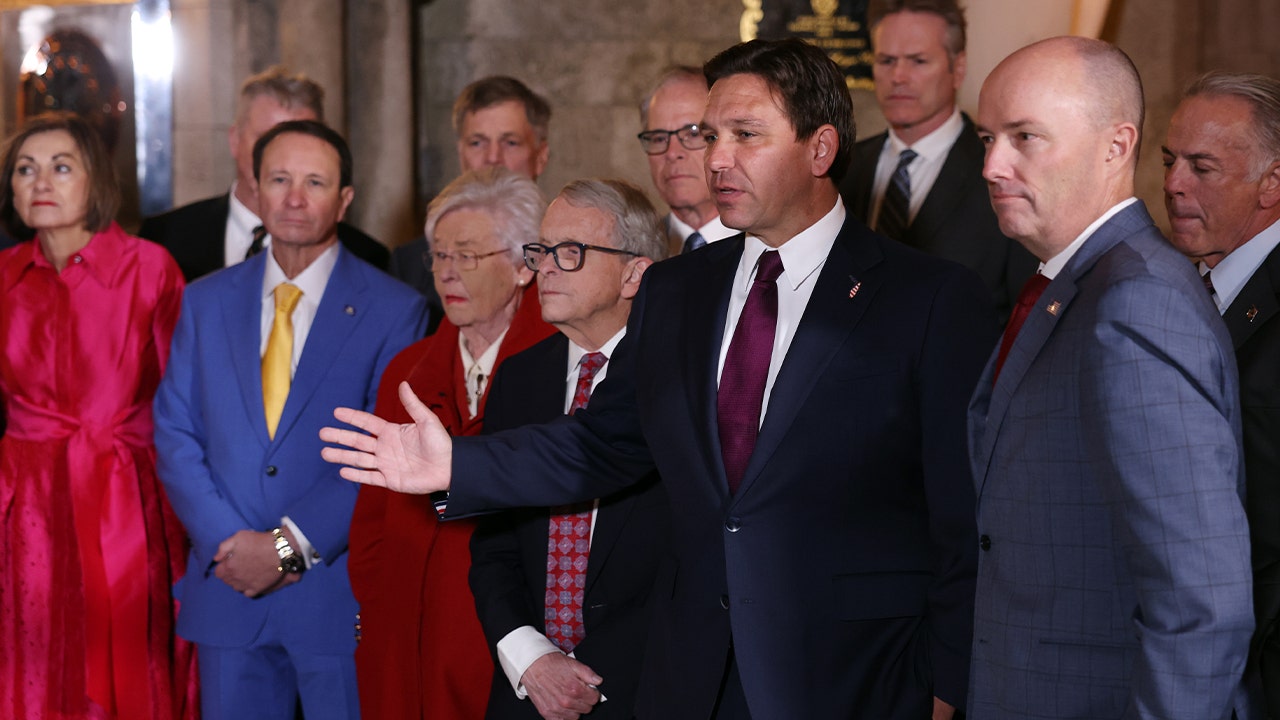While it looks like the Supreme Court may well side with the Biden administration on so-called ghost guns, the debate over them is far from over. All the administration did was make it illegal to sell an unserialized receiver with all of the other parts needed to make a firearm. You can still buy a parts kid and an incomplete receiver.
It’s the principle of trying to restrict what people can and can’t do about firearms.
If you allow one restriction to stand unchallenged, someone will invariably use that to justify the next restriction. It’s why we stopped playing nice and compromising on gun issues. It was never enough for them and we were the only ones giving anything up.
Especially when criminals continued to get firearms regardless.
But an op-ed at the Las Vegas Sun tries to argue that in opposing the “ghost gun” regulations, we’re really just protecting criminals.
On the surface, the Biden rule seems like a no-brainer. Shouldn’t all of the law-abiding good guys who claim they need to be armed so they can protect themselves from bad guys be embracing policies that keep guns out of the hands of criminals?
And yet, gun-rights groups, joined by Republican lawmakers, are fiercely opposing the regulation, arguing that it’s an infringement on the rights of hobbyists and an example of executive overreach by the Bureau of Alcohol, Tobacco, Firearms and Explosives (ATF).
This position reveals a glaring contradiction in the pro-gun narrative. If gun-rights extremists are truly committed to empowering “good guys with guns,” then why are they fighting to ensure that people can easily access weapons that are designed to be untraceable? Why oppose rules that help law enforcement track down dangerous criminals? The fact is these advocates are not standing up for law-abiding citizens; they are like mob lawyers fighting to protect the rights of people who want to stay outside the law.
Ghost guns have become the weapon of choice for criminals precisely because they are difficult to trace.
Yet we all know the truth: The very existence of ghost guns undermines the efforts of police to combat crime, and pro-gun advocacy groups are spending millions of dollars to make sure these weapons remain on the streets — eliminating any chance at sensible gun policy that bars felons, extremely mentally ill people and minors from acquiring guns without someone giving them a look and a little paperwork getting filed.
Now first, if the author could show me a policy that actually keeps guns out of the hands of criminals, especially if it doesn’t infringe on our rights, we might be willing to listen.
But no such policy exists.
For example, the author makes a whole thing about how these are the “weapon of choice for criminals,” a common talking point among the anti-gun crowd, and how law enforcement has recovered more than 20,000 of these (that was elsewhere in the piece, not the section quoted above). However, I’ve seen these claims before.
Breaking down the numbers previously, I found that what we’re looking at is this “weapon of choice” that criminals are flocking to wasn’t particularly common.
Yes, the raw numbers sound scary, but you need to remember that these were found at “crime scenes.” That means anywhere a crime was committed, so if they stop some random dude because he has a suspicious bulge around his beltline, that’s a crime scene.
But if we assumed each one was used in a violent crime–they weren’t, but let’s roll with it for the sake of argument–then we’re looking at something like two percent of crimes were associated with a “ghost gun.”
Just two percent.
With that put out there, let’s talk a bit about why gun rights groups and Republican allies oppose these measures.
First, it just makes things a pain for the law-abiding. While plenty of folks claim that Biden’s rule did something, it couldn’t have. All it did was prohibit kits that contained all the parts. People can still buy the incomplete receivers and the parts. They just have to click “add to cart” twice instead of just once.
While most criminals are lazy, they’re not that lazy.f
But what the rule does is open the door just a bit to more restrictions. If you let this one stand, then it’ll be used to excuse the next one, and the one after that, and then the one after that.
The door opens and we get more and more federal overreach.
Plus, a lot of the issue here is that the ATF didn’t have the authority to redefine what makes something a gun versus something that isn’t despite what Congress has actually said. If we allow the executive branch to simply issue decrees as they wish, ignoring the will of the legislature whenever they so please, the legislative branch devolves into nothing but meaninglessness.
We’re not defending criminals. It’s never defending criminals.
It’s about defending ourselves, our rights, and the Constitution itself.
Read the full article here





![Furious Celebrities Rip Newsom, Bass Over LA Wildfire Response Chaos [WATCH] Furious Celebrities Rip Newsom, Bass Over LA Wildfire Response Chaos [WATCH]](https://www.lifezette.com/wp-content/uploads/2025/01/2025.01.09-05.18-lifezette-678004c9e71c5.jpg)



